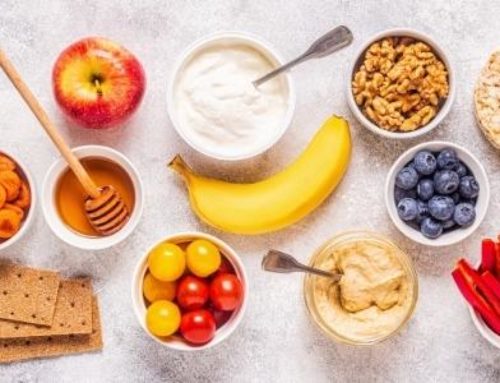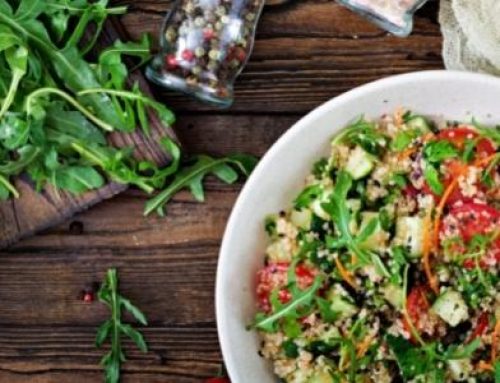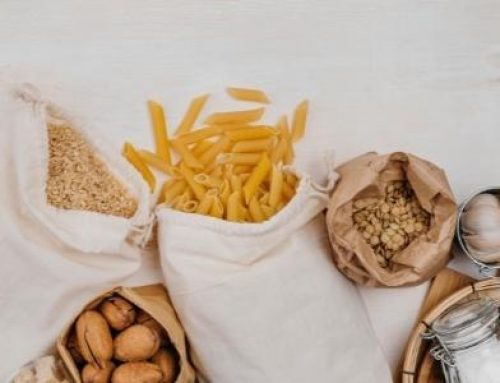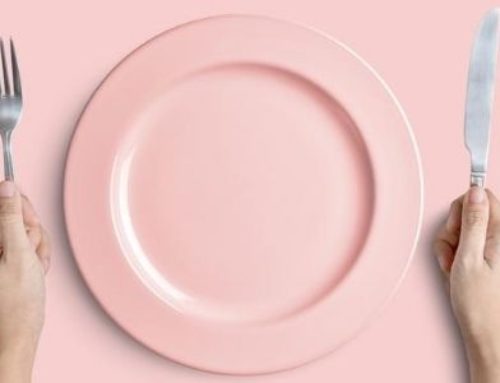
Are you still calorie counting to lose weight?
You see, not all calories are created equal. 500 calories from one meal can be a whole lot different to 500 calories from another.
There’s lots of debate on this topic among ‘weight loss experts’ and they seem to be in either one of two camps:
- Calorie counting camp: Weight Watchers, Michelle Bridges and others that recommend sticking to a certain energy intake each and every day.
- Whole food camp: Clean Eating, Paleo and others that recommend forgetting about the calories and just eating ‘real food’.
They often bag out each other’s approaches, proclaiming their way is better. But instead of consumers feeling empowered about choosing the best approach to tackle their weight, they’ve all ended up confused.
I’d like to argue that they’re both wrong. Please allow me to explain.
Calorie counting
Pros: On one hand, calorie counting allows you to strategically create an energy deficit (the only way to lose weight) by picking a calorie intake level and sticking to it. If the created deficit is significant enough and you stick to it religiously every day, you will lose weight, regardless of the types of food you choose. You can eat chocolate every day and so long as you don’t go over your calorie quota, you’ll achieve your goal.
Cons: On the other hand, calorie counting doesn’t take into account food quality and nutrition (vitamins, minerals and fibre). When we reach for less nutritious foods, like cheesecake, for example, we find that because a cheesecake contains so much energy, we can’t eat our next scheduled meal, because we’ve already hit our quota for the day. This is fine if it only happens occasionally but many people fall into the trap of regularly choosing high calorie, low nutrient foods which push out nutritious foods. This happens because they’re focusing only on energy. If this carries on long enough, people become at risk of nutrient deficiency.
Whole foods
Pros: This approach is probably the more popular one. It’s based on the premise that whole foods nourish your body, which can help you be in better health and lose weight more effectively. It’s also based on the premise that whole foods offer your body the tools to feel full and manage your appetite better. This is all true. Good nutrition, to meet your body’s nutritional needs, is all about variety and choosing minimally processed foods whenever possible.
Cons: Some whole foods (not all) can be very energy dense. This means they contain a high amount of energy for a small volume of food. Think nuts, seeds (their oils), fatty fish (salmon), avocado, olives, some fruits (especially dried fruit), etc. Please don’t stop eating these foods, I’m not highlighting them because they’re bad. You may be only eating whole foods and being very diligent with minimising your intake of processed food, but it’s still possible to consume excess energy and as such find it very difficult to lose weight.
Take bliss balls for example. They may contain lots of whole foods: oats, seeds, nuts, dates, etc (watch out – many recipes also contain high amounts of processed foods like coconut oil, rice bran syrup, etc). However, when they’re all blitzed up together and rolled into a tightly packed little balls, they can contain in excess of 250 calories each. If you’re popping 3-4 of them a day, plus eating other meals (which I’m sure you are because bliss balls aren’t very big) you’ll find it difficult to manage your weight. These foods have all the nutrition in the world, but if you’re consuming more energy than your body needs, your diet won’t work. And don’t be fooled, bliss balls are not the only problem…
It get’s worse…
The problem is compounded by a sedentary life. Many of us sit on our butts all day long. We sit to eat breakfast, sit while we commute to work, sit at our desks, sit to commute home, sit to eat dinner, sit to unwind in front of the TV – sit sit sit!
Due to the fact that we’re so sedentary, even if we eat a whole foods diet, it’s still easy for us to consume more energy than our body needs. This is simply because we do not burn very much throughout the day.
Engaging in regular excise and including incidental activity as much as possible can help!
The key to successful weight loss
My approach to the whole issue is that I believe, you can’t have one without the other. We need to build our diet out of whole foods first, but if we don’t manage our energy intake, we won’t achieve our weight loss goals. Calorie counting and creating an energy deficit is the most proven and only way to lose weight, but if you don’t choose good quality foods, you’ll become malnourished and deficient. You need to find the balance between the two.
My recommendation
Build your diet primarily out of whole, fresh, minimally processed foods and if you’re looking at losing weight, know what YOUR energy needs are and keep track of how much food you’re consuming each day.
Putting it into action
Take a look at the two meals below. They both contain approximately 500 calories of energy, but they look vastly different. That’s because one is created from whole foods and the other from processed foods.
Both have been portion controlled to keep the energy consistent and both would be suitable to form part of a weight loss diet. But which one is the healthier choice?

Here’s the main differences between the two meals:
- The whole foods meal has nearly 3x the protein – perfect for maintaining muscle mass and helping you feel full.
- The whole foods meal has over 3x the dietary fibre – necessary for good bowel and digestive health, helps you feel full and manage your blood sugar levels.
- The whole foods meal has 3x the vegetables serves – necessary for vital nutrients, food volume and helping slow you down and become a more mindful eater.
Can you eat the processed foods meal occasionally, if that’s what you want? Of course you can! One meal like that won’t spiral you into a poor health oblivion. I’m just giving you the facts, it’s up to you what you do with them!
In the end, you need to find a balance between calorie counting and choosing whole foods. Extremes are never the answer to good health, particularly when it comes to food. Want to know how to do this consistently? My program with The Healthy Eating Hub will teach you:
If you need help with managing your intake of processed foods and improving your overall diet quality then check out our Signature Program. We have a whole model dedicated to helping you build a whole foods habit in just 42 days!





